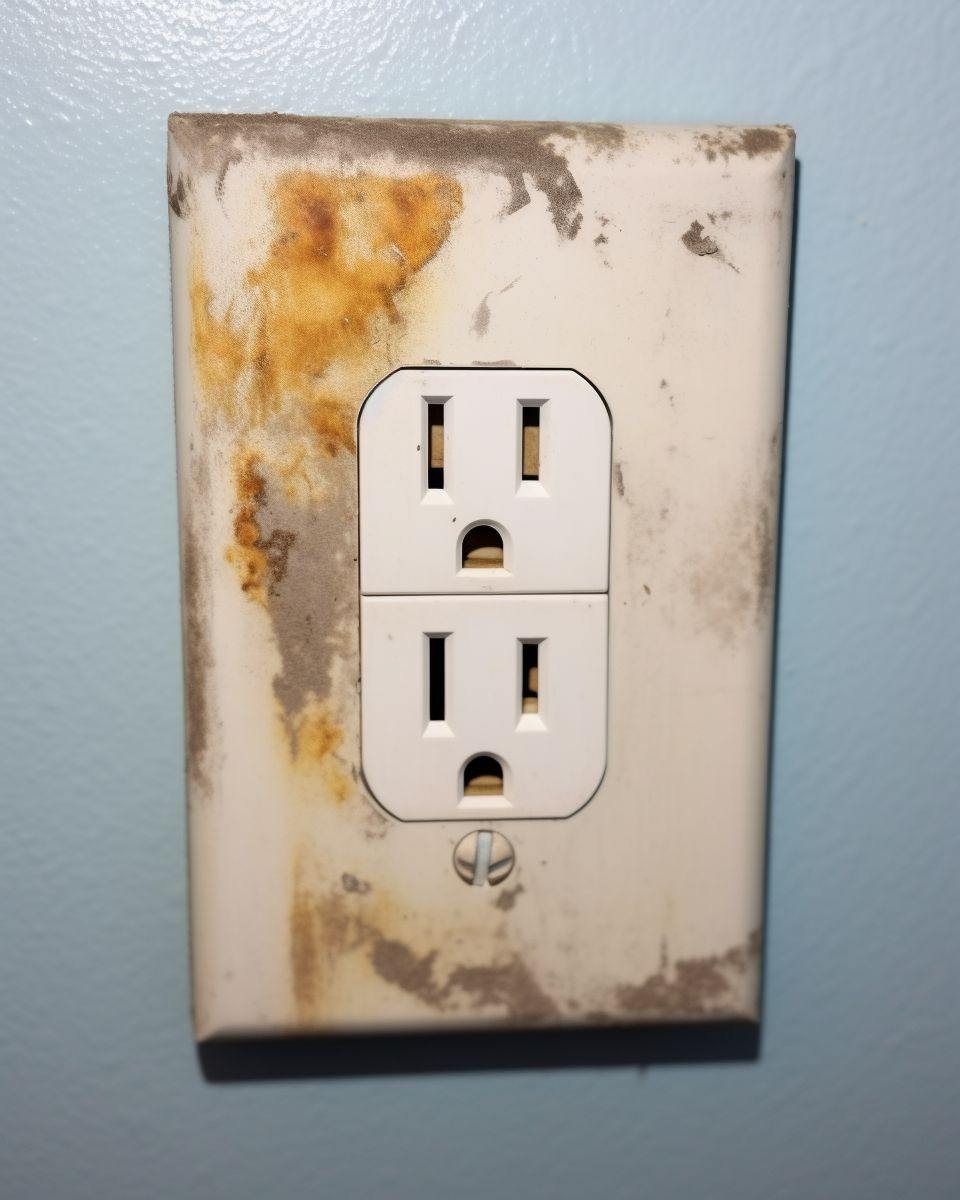ADVERTISEMENT
Here’s why: Electrical outlets are designed to safely provide electricity to appliances and devices. When the electrical load exceeds the outlet’s capacity—whether due to excessive use, faulty wiring, or aging infrastructure—the outlet can overheat. This overheating leads to the melting of plastic or rubber components within the outlet, which emits a pungent odor that resembles fish or burning plastic. This smell is a clear warning that something is wrong and needs immediate attention.
Common Causes of Overheating and Melting Outlets
Several factors can contribute to the overheating and melting of electrical outlets:
Overuse of Outlets: Plugging too many devices into one outlet or overloading it with multiple power strips can strain the outlet, causing overheating.
Faulty Wiring: Poorly installed or deteriorating wiring can increase the risk of electrical malfunctions, leading to heat buildup.
Aging Infrastructure: Older homes or electrical systems might struggle to handle modern electricity demands, making them prone to overloads.
Appliance Malfunctions: Malfunctioning appliances that draw more power than they should can overload circuits and outlets.
How to Prevent and Respond to Overloaded Outlets
The fishy smell and its connection to melting outlets serve as crucial reminders to prioritize safety around electrical systems. Here are some ways to reduce the risk:
Avoid Overloading Outlets: Never plug too many devices into a single outlet. Use power strips cautiously, and ensure they are not overloaded.
Regularly Inspect Outlets: Periodically check outlets for signs of damage, discoloration, or unusual heat. This can prevent small issues from escalating into serious problems.
Maintain Appliances: Make sure that your appliances are well-maintained and functioning properly. If an appliance is drawing excessive power, it could overload your electrical system.
Call a Professional: If you detect a fishy smell, experience a melted plug, or notice any other signs of malfunction, turn off the power to that outlet immediately. Call a certified electrician to inspect and address the problem.
Upgrade Your Electrical System: If your home has an outdated electrical system, consider upgrading it. Modern electrical demands require systems capable of handling higher loads safely.
What to Do If You Encounter a Fishy Smell from Your Outlet:
Turn Off the Power: As soon as you smell something unusual around an outlet, switch off the power to that area at the circuit breaker to prevent further risk.
Seek Professional Help: Contact an electrician to diagnose the cause and make necessary repairs. Avoid attempting to fix electrical issues on your own unless you’re a certified professional.
Conclusion: Prioritize Safety
While electricity powers much of our modern lives, it’s essential to remember that any unusual smells, such as a fishy odor near outlets, can be a signal of a serious problem. Taking quick action and ensuring that your electrical system is up to date can prevent potential hazards, ensuring the safety of your home and loved ones. Don’t ignore the fishy smell—recognizing the signs early can save you from more costly or dangerous issues down the line.
ADVERTISEMENT
ADVERTISEMENT
